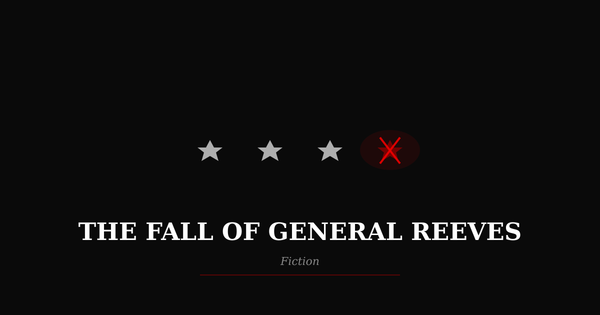On the Hook!

The Membership Card
The signs are subtle at first. They're discovering what the rest of us knew ten years ago: they backed a con man. The small tells are everywhere now—not exhaustion, but a shift in the story. The awkward pauses at the bar, the way they change the subject just a little too quickly. They're seeing the grift whether they want to or not.
But admitting you've been conned requires admitting you were a mark. And nobody wants to be the sucker at the poker table.
The cognitive dissonance isn't eating them alive—they've found a way around it. Pride is all they have left, so they're clinging to it like a life raft in a storm. They're not tired. They're defiantly embarrassed. They've simply changed the lens, rewritten the narrative to protect what's left of their ego.

So, they make up ridiculous reasons why they voted for him. "I didn't vote for Trump," they say now, "I voted against women and communists." That's what they're actually saying. Out loud. Like that's better somehow. Like misogyny and red-scare paranoia are more respectable than admitting they fell for a two-bit hustler in a bad suit. They're telling on themselves and don't even know it.
But here's the thing: they still want to be members of the club. Republicans are fond of membership. It's their whole identity—the club, the team, the tribe. They need to belong to something bigger than themselves, even if that something is rotten to the core. So they're not leaving. They're just adjusting the membership terms.

Some are cracking. You can spot them by their silence, their sudden interest in local politics, their newfound concern about "both sides." They're like people trapped in a toxic relationship who know it's destroying them but can't quite walk away yet. The addiction runs deep. Identity politics is a powerful drug—and withdrawal means facing who you've become.
The smart ones—and there are fewer than you'd think—are already quietly backing away. Deleting old Facebook posts. Removing bumper stickers in the garage where no one can see. They're hoping we'll forget. We won't.
The hook's in deep, all right. Trump knew exactly what he was doing. He didn't just lie to them; he made them complicit in the lie. Made them defend it. Made them part of it. That's the genius of the con—the mark becomes the accomplice.
It's a little progress, too late. The damage is done. Democracy doesn't run on mulligans.
As Jesus said, pride is expensive. The bill always comes due, but these folks have found a way to defer payment. Instead of admitting they got played, they're reframing the whole transaction. They weren't conned—they were making a principled stand against progress. Against women. Against phantom communists.
The only question now is whether they'll learn or just find a new con man to follow. History suggests the latter. They need the membership card more than they need the truth.
Because in the end, that's what this is about: belonging. And for some, belonging to a lie feels better than standing alone with the truth.





